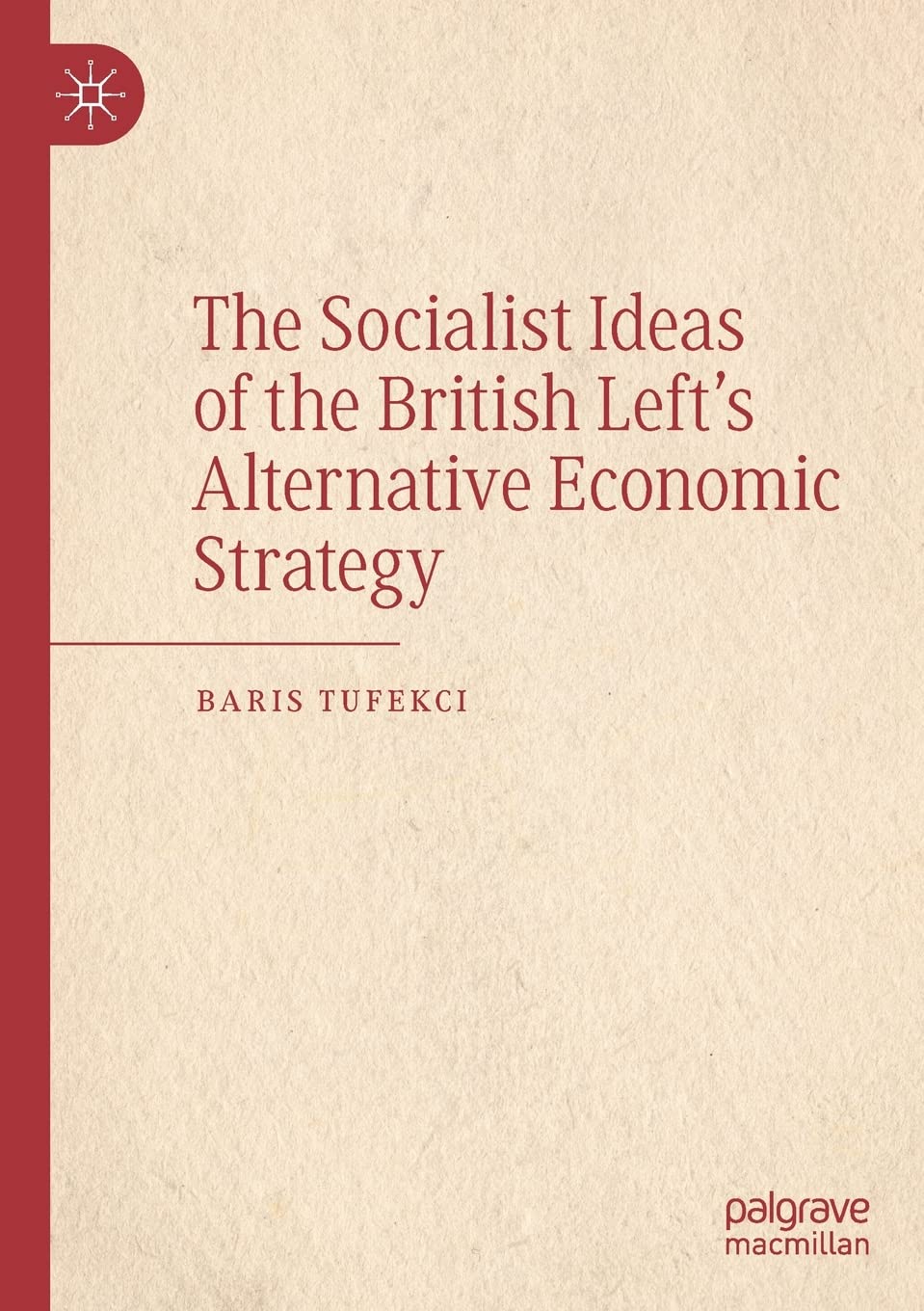معلومات عنا
دعم العملاء
احصل على التطبيق

قم بتوجيه الكاميرا لتنزيل التطبيق
حقوق الطبع والنشر © 2024 Desertcart Holdings Limited


Full description not available
L**A
Pompous and depressing
To start with an analogy. In 1968, as 25000 marched past to protest against the Vietnam War outside the US Embassy in Grosvenor Square London a small group (the SLL, WRP fore-runners) gave out leaflets declaring ‘Why We Are Not Marching’. A classic instance of puerile negative sectarianism. And sad to say, this relentlessly negative work is an academic equivalent. While literally having no constructive suggestions himself, or anything positive to say about anybody, the author spends most of the book judging past Labour Left strategy to be utterly class collaborationist, nationalist and indeed futile. This is a pity because there are two very good things about this book: first the range of sources which is pretty good, even if mostly published works. Second, he highlights those aspects of the past Alternative Economic strategy that are indeed collaborationist and this is useful.Turning to the sources though, it is not his fault that he didn’t have access to the internal documents meticulously analysed in Mark Wickham-Jones exemplary ‘Economic Strategy & The Labour Party’. Which might explain his condescending comments about that text: were he not so critical of absolutely everybody. He does use Leon Trotsky as a means to attack the Labour Left, though I surmise this is merely a tactical feint, inasmuch as he does not look at contemporary critiques from either the Trotskyant SWP or the Trotskyist IMG, in particular the work of Alan Freeman in both International magazine and the Benn Heresy.After each policy aspect is outlined, it is then judged wanting from an abstract Marxist point of view: one devoid of any notion of praxis. The ahistorical formalistic approach means that the author just doesn’t understand how momentous was the effect on morale of Tony Benns Deputy Leadership election defeat in 1981. Which means he doesn’t even consider (as opposed to undifferentiatedly quote) how this might have affected the writings of Bob Rowthorn and Geoff Hodgson for example. There is also little sense of the potentially contradictory nature of the AES which could be both positive and negative regarding struggle at the same time. Not surprisingly, the Allende government in Chile 1970-73 receives not a mention, despite its important lessons regarding that fact.Having spent most of the book denouncing the Labour Left from a pristine pseudo-Marxist viewpoint, we are then told that class doesn’t exist anymore anywhere, or even if it does isn’t important and so any Labour Left project would be doomed/pointless anyway. While this book was nearing publication, the publishers evidently asked him how the Corbyn Project fitted in with this thesis. In an Afterword he does address this and of course, true to form, accentuates the negative. Of course he is right that Corbynism didn’t directly reflect an upsurge in class struggle: but that it reflected genuine discontent with the old order is too subtle for this pedant to grasp. Instead, he seeks to blame the rise of New Labour on the Labour Left, and then launches into an irrelevant tirade against Marxism Today. Though maybe not irrelevant, if Tufekci is the closet Stalinist I suspect him to be.So (whatever Starmer and his Blairite clique may believe) this book deals with an interesting and important subject: though in such a continually negative and intrinsically pompous way as to mean unless you need to read this for a compelling reason (as I did, as I am completing a book that overlaps) don’t bother! Doesn’t even have any pictures, and the only joke is the paperback costs even more than the hardback. One for a Select Committee to look at? Or perhaps not.
ترست بايلوت
منذ 3 أسابيع
منذ أسبوعين